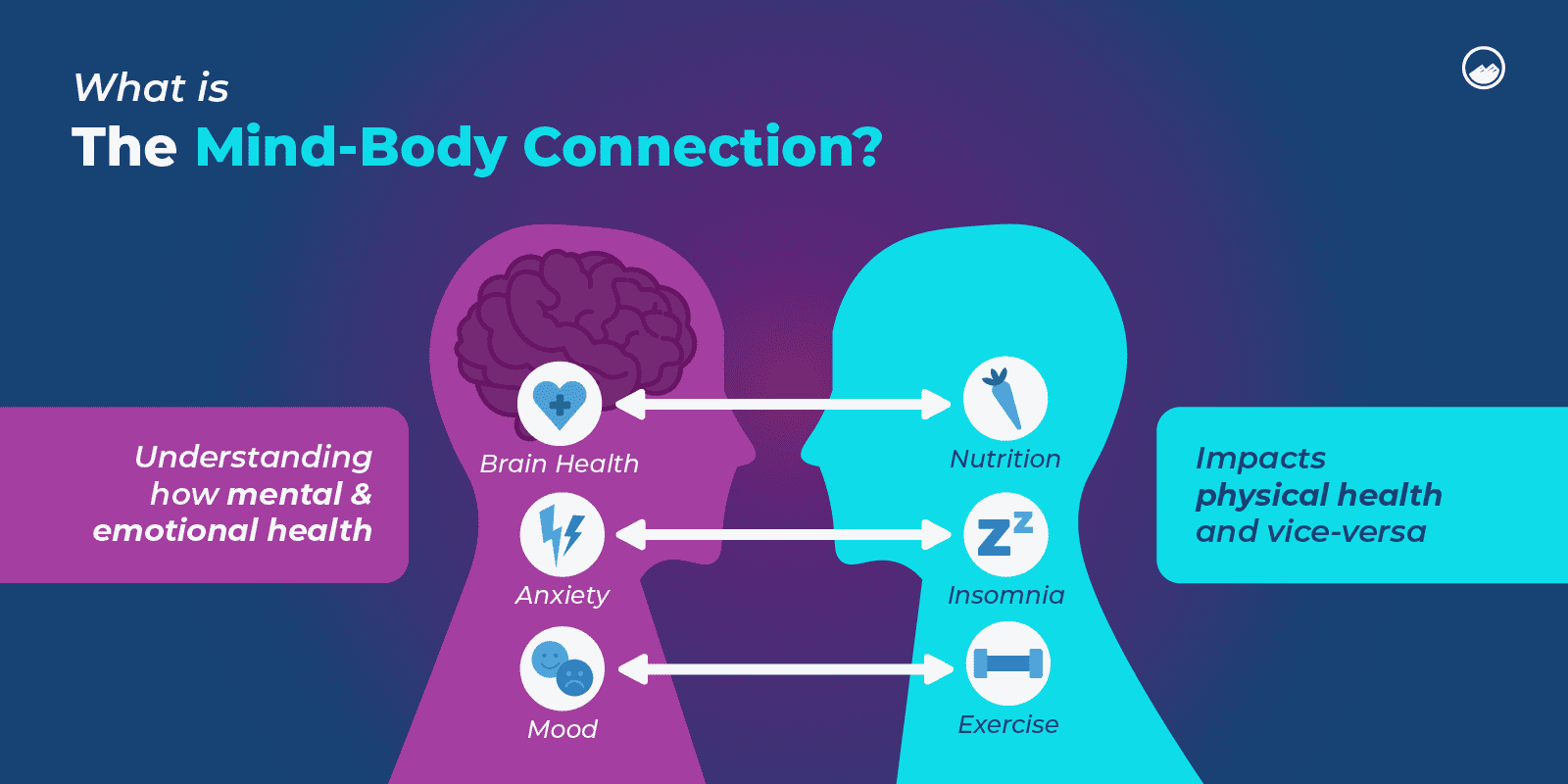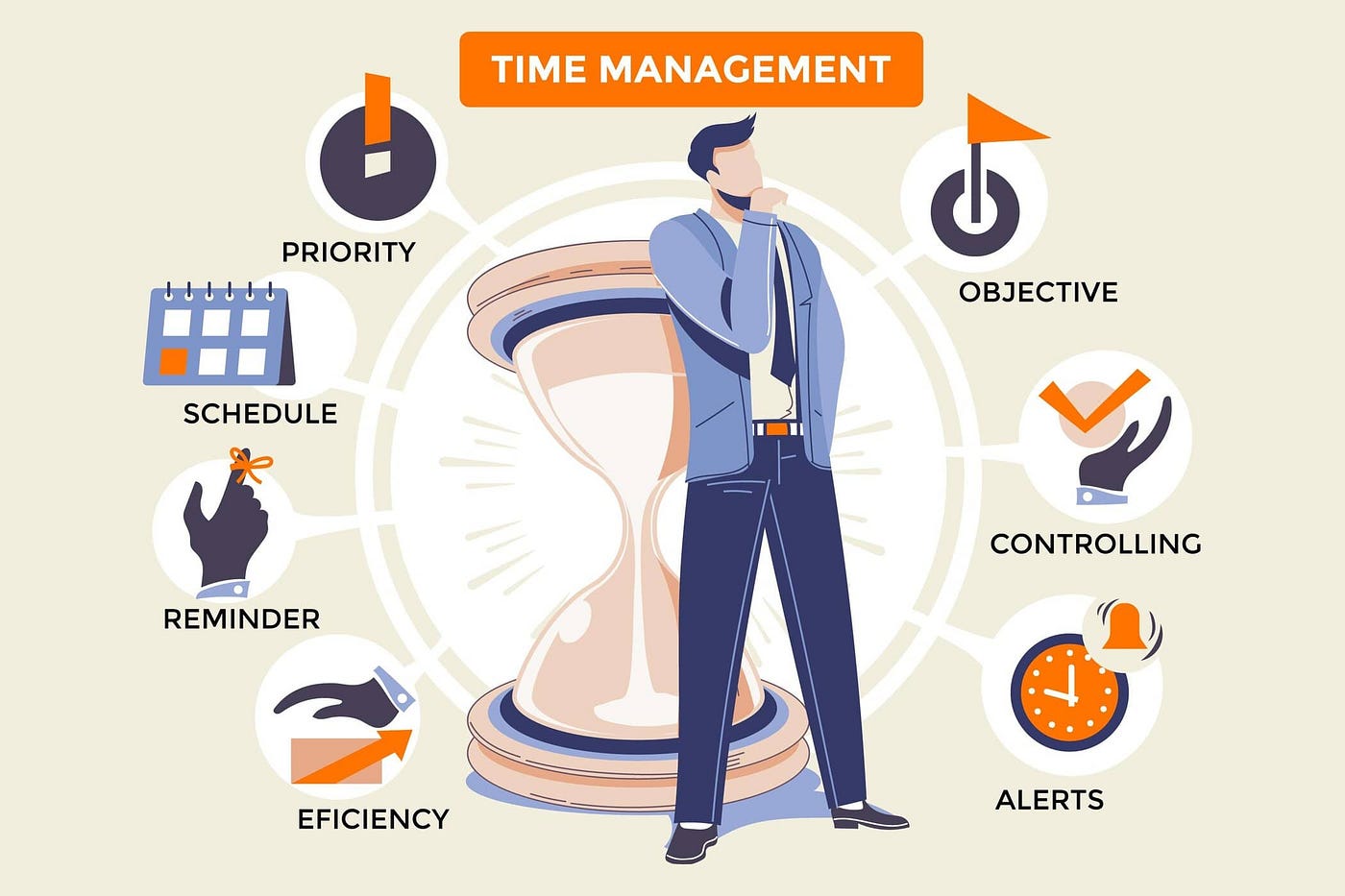In a world that never stops, balancing physical and mental health has become more important than ever. Whether you want to be more active, less stressed, more focused, or simply live a better life, self-improvement is key.
But self-improvement isn't just a slogan; it's a lifestyle that requires consistency, the right methods, and a genuine desire for change. In this comprehensive guide, we'll walk you through scientifically backed methods for improving your mind and body as a whole, because true transformation happens when both are in harmony.
1. Understanding self-improvement and its importance
Self-improvement refers to the process of enhancing one's knowledge, habits, health, and mindset. It encompasses everything from building healthy habits to adopting a more resilient mindset.Key benefits of personal development:
Whether you want to calm anxiety or get in shape, a personal improvement journey has the power to revolutionize your entire life.
2. The mind-body relationship: Why you can't ignore it?
Physical and mental health are not separate; in fact, they are closely linked. According to Harvard Health, your mind and body are constantly communicating through hormones, neurotransmitters, and nerve impulses. Ignore one, and the other will be the victim.
Examples of the mind-body relationship:
Chronic stress causes inflammation and high blood pressure.
Lack of sleep affects memory, mood, and decision-making.
Regular exercise improves mood by increasing levels of serotonin and endorphins.
Spending money on physical and mental health is the foundation for overall self-development.
3. Physical health: building a healthy body
A. Exercise: Something More Than Just Building Muscle
Exercise isn't just for losing weight or gaining muscle - it's one of the best ways to improve mood, energy, and mental performance.
Recommended routine:
Cardio (3-4 times/week): Jogging, brisk walking, and cycling
Strength training (2 times/week): Weight lifting and bodyweight exercises
Stretching or yoga (daily): Flexibility, mobility, and stress reduction
B. Nutrition: Supporting Your Growth
A balanced diet not only powers your workouts but also strengthens your mind.
Tips for better nutrition
Focus on whole foods: fruits, vegetables, lean proteins, and healthy fats.
Cut back on processed sugars and fast food.
Stay hydrated—aim for 2-3 liters per day.
Include brain-boosting foods: blueberries, walnuts, salmon, and dark leafy greens.
C. Sleep: The Hidden Superpower
Sleep is the time when your body repairs, your brain resets, and your emotions rebalance.
Sleep tips:
Maintain a consistent sleep schedule.
Avoid screens for an hour before bedtime.
Keep your room dark, quiet, and cool.
Avoid caffeine after 2 p.m.
4. Mental Health: Adapting a Flexible Mind
A. Mindfulness and Morning Meditation
Meditation calms the nervous system, reduces anxiety, and increases focus.
Start with 5-10 minutes a day on an app like Headspace or Insight Timer.
b. Keep a diary about yourself
Writing things down in black and white is a great way to understand your feelings and track your progress. Use the following questions:
What made me feel grateful today?
What were some struggles I faced and how did I overcome them?
What am I working on this week?
C. Emotional Intelligence and Stress Management
Controlling your emotions will greatly improve your relationships and decision making.
Strategies:
Practice active listening
Name feelings instead of suppressing them
Breathe deeply when you're under stress
Stop talking to yourself in a toxic way and replace negative thoughts
5. Create empowering habits that last.
Changing your life is a matter of changing your habits. But habits aren't created overnight.
The Habit Loop (by Charles Duhigg):
Cue: What triggers the habit.
Routine: The habit.
Reward: The benefit you get.
Example:
Cue: Fatigue → Routine: Get coffee → Reward: Instant energy
New habit: Fatigue → Routine: 5-minute walk → Reward: Natural energy
Use These Tools to Build Better Habits:
Habit Tracker Apps: Habitica, Streaks, Loop
Start Small: Build habits separately
Use Triggers: Combine new habits with current ones
(e.g., meditate following tooth-brushing)
6. Time Management
and Productivity Tips
Good time management reduces stress and ensures you
stay committed to your objectives.
Pomodoro Technique: 25 mins work, 5 mins relaxation
Eisenhower Matrix: Urgency vs Importance - Handle accordingly
Time blocking: Schedule hours for tasks
Also, create a morning routine that charges you up and a night routine that relaxes you.
7. Be Around Growth-Minded People
Your surroundings control your actions more than you realize. Jim Rohn said, "You are the average of the five people you spend the most time with."
How to Make a Growth Circle:
Join mastermind communities or internet forums
Attend self-help seminars
Be reading books by top people in their industry
Be subscribed to positive and learning content
Having people around who are motivated will encourage you to stay motivated and motivated.
8. Set Definite Goals With a Strong "Why"
Goals give direction to your process of self-improvement.
SMART Goal Framework:
Specific
Measurable
Achievable
Relevant
Time-bound
Example:
"I want to lose 5kg in 8 weeks by exercising 4 times a week and consuming a balanced diet."
Also, ask yourself: Why do I want this change?
A strong "why" creates commitment, even when motivation wanes.
9. Use the Power of Consistency Over Perfection
You don't need to be perfect — you just need to be consistent.
Consistency Tips:
Set realistic goals
Maintain a focus on moving forward, not a quest for perfection
Reward small triumphs
Every day look at how far you've come
Remember: Change is a process, not an event.
10. Final Thoughts: Your Best Self Is One Step Away
You have everything within you to develop into your best self — you need to take the first step. By changing your mind, body, and habits, you'll discover a healthier, happier, and more empowered you.
Healing and growth are not linear, but with self-knowledge and dedication, they will occur.
So start today. One habit. One intention. One mindful breath at a time.
???? Recommended
Resource:
Curious about the science of habits? Read James Clear's best-selling
book "https://jamesclear.com/atomic-habits" —
a life-changing book that shows how small shifts can
lead to big results.



